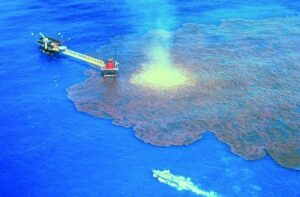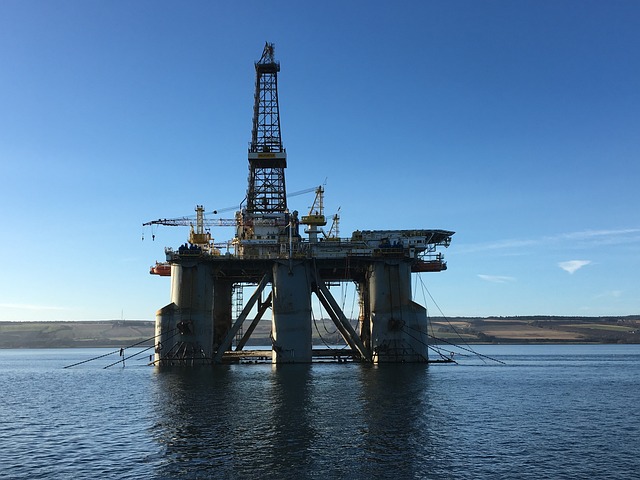Numerous individuals have recently reexamined how safe the environmentally damaging practice of drilling offshore is as a result of recent maritime tragedies associated with oil spills. Many oil firms continue to insist that drilling offshore is secure despite fires, explosions, leaks and significant pollution.
Concurrently, environmental organizations and the impacted marine communities push for an outright ban on offshore drilling and have assisted in achieving this goal in several nations.

Drilling Offshore is said to be safe by large oil companies
Mishaps associated with offshore drilling practices have forced oil corporations to take various precautions throughout the years to prevent additional environmental destruction. HowStuffWorks reports that oil-producing companies have taken steps to increase their general preparedness for blowouts by putting safety measures in place, such as stronger wells and blowout protectors that are improved on oil rigs. These steps are meant to stop the gas and oil from rushing too fast through the pipelines.
Also, a few oil corporations have upgraded their drilling rigs with vehicles that are remotely operated (ROVs) and robotic subs. HowStuffWorks claims that these robot subs are capable of performing all tasks necessary for maintaining an oil rig, including rotating bolts and opening and closing valves.
For instance, although 14 remotely operated vehicles (ROVs) were used during the Blowout in the Deepwater Horizon and were useful in averting extensive damage, these tools are only effective as the workers who have undergone training on their usage. In addition, if there was adequate monitoring of the daily safety activities of drilling offshore alongside equipment maintenance to an appropriate level with its extensive usage, these devices would not even be required.
Many still think offshore drilling ought to be prohibited

Humanity is clinging to fossil fuels and employing antiquated techniques for extracting those chemicals from the soil at a time when we as humans should be focused on more sources of energy that are renewable in nature. Offshore drilling actually poses much greater environmental risks.
DebateWise claims that offshore drilling’s immediate and long-range impacts could result in the eradication of large portions of sea animals which would have a significant and long-lasting impact on the biodiversity of marine life. However, because of offshore drilling, more than just animals is at danger. The National Resource Defense Council opines that this kind of drilling poses an equal risk to employees, waters and communities.
Widespread issues brought on by the extraction and using fossil fuels for energy include increasing ocean depths, acidification of the ocean, and anoxia of the ocean. Fortunately, local officials in the coastal areas are starting to understand this, as stated by CNBC.
Which nations have offshore drilling bans?
Offshore Technology claims that several nations have already outlawed offshore drilling along their coastlines. Steps to outrightly ban offshore drilling have been taken in several countries, including Denmark, Costa Rica, France, Belize and Ireland. However, the New Zealand government’s 2018 decision to stop issuing new licenses for production warrants the greatest attention in this case.
The Prime Minister of New Zealand, Jacinda Ardern appears resolute in her resolve to combat climate change, in contrast to other nations that have made some form of hollow pledges towards reaching net-zero emissions by 2050. The government may lose billions if offshore drilling were prohibited in addition to making it more difficult to obtain foreign oil, given that it has 22 offshore exploration permits for oil and gas and that two-thirds of its petroleum comes from imports.
However, only such severe actions will be able to put an end to the problem of offshore drilling, which would be a major victory against climate change. Even though a lot of people who depend on that kind of income would struggle, what’s the point if there is no planet for their children to inherit?











Leave feedback about this